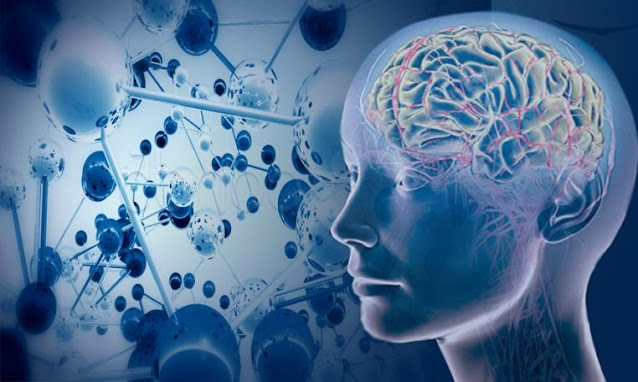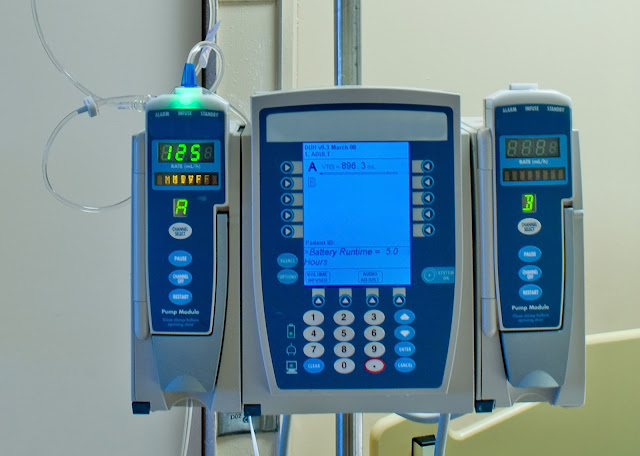Traumatic Brain Injury Therapeutics Managing Acute Symptoms, Preventing Secondary Damage
 |
| Traumatic Brain Injury Therapeutics |
Traumatic
Brain Injury Therapeutics encompass a range of medical
interventions and treatments aimed at addressing the consequences and promoting
recovery in individuals who have experienced a traumatic brain injury. TBI
occurs when a sudden external force, such as a blow to the head or a
penetrating injury, disrupts normal brain function, leading to a variety of
physical, cognitive, and emotional impairments. The therapeutic strategies
employed for TBI focus on managing acute symptoms, preventing secondary damage,
and facilitating long-term rehabilitation. In the acute phase of TBI, the
primary goal is to stabilize the patient and prevent further injury. This
involves ensuring adequate oxygenation and blood flow to the brain, controlling
intracranial pressure, and maintaining normal body temperature. Prompt medical
intervention, such as surgical procedures to remove hematomas or relieve pressure
on the brain, may be necessary in severe cases.
Once the acute phase is
managed, secondary injury prevention becomes crucial. This involves closely
monitoring the patient for complications such as infections or seizures and
providing appropriate medical interventions. Medications, such as anti-seizure
drugs or diuretics to reduce brain swelling, may be prescribed to mitigate
further damage. Rehabilitation is a key component of Traumatic
Brain Injury Therapeutics and aims to improve functional outcomes and
quality of life for individuals with brain injuries. Rehabilitation programs
are typically tailored to the specific needs and deficits of each patient and
may involve a multidisciplinary approach. Physical therapy helps restore motor
skills and coordination, while occupational therapy focuses on enhancing daily
living skills. Speech therapy addresses communication and swallowing
difficulties, and cognitive therapy targets memory, attention, and
problem-solving deficits.
Pharmacological
interventions play a role in Traumatic
Brain Injury Therapeutics, particularly in managing specific symptoms.
Medications may be prescribed to control pain, alleviate spasticity, improve
mood and cognitive functioning, or address sleep disturbances. However, the use
of pharmacotherapy is carefully balanced to minimize potential side effects and
interactions. Emerging therapies are also being explored in TBI treatment.
These include neuroprotective agents that aim to limit further damage to brain
tissue, stem cell therapies to promote tissue regeneration, and electrical
stimulation techniques to enhance neural connectivity and recovery. These novel
approaches hold promise for improving outcomes in TBI patients, but further
research is needed to establish their efficacy and safety.
In conclusion, Traumatic Brain Injury Therapeutics encompass
a comprehensive range of interventions that span the acute phase, secondary
injury prevention, and long-term rehabilitation. The goal is to manage
immediate complications, prevent further damage, and optimize functional
recovery. Through a combination of medical interventions, rehabilitation
programs, and emerging therapies, healthcare professionals strive to improve
the outcomes and quality of life for individuals affected by traumatic brain
injuries.



Comments
Post a Comment